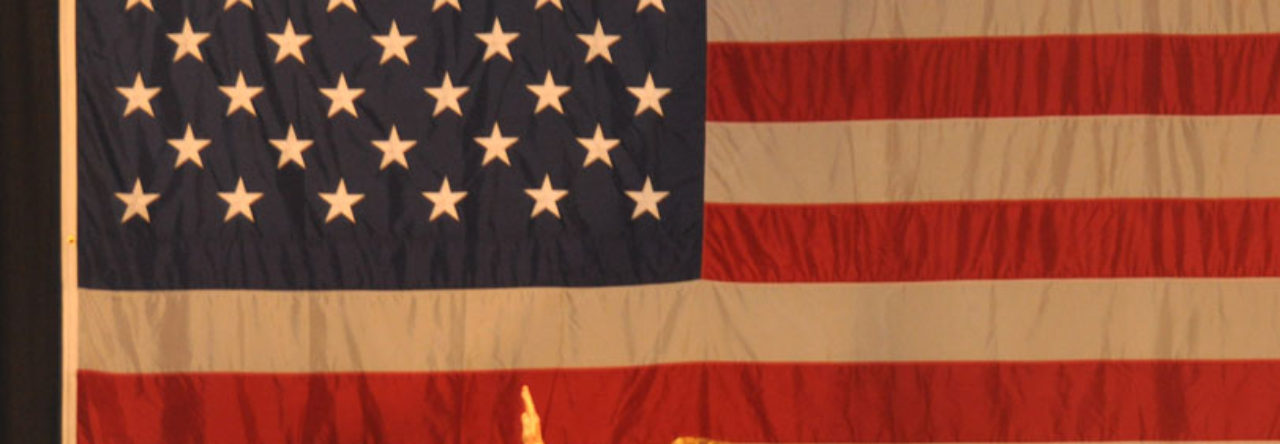Guest post by Zayin Allen
(A La Siskel & Ebert here….)
Marvel’s Black Panther is historic and iconic all at the same time. The film has brought in nothing but positive reviews, and the conversation concerning the film’s importance has been further increased by positive social media. This happened even before the film was released. (*Generally, this means that the P.R. machine of the studio was working in high gear and working well.)
Under the expert direction of Ryan Coogler (Fruitvale Station, Creed), this film is more than a superhero blockbuster; it has become a movement all its own. Director Coogler deserves kudos for touching on some tough topics, like the incarceration of people of color and the gentrification of their neighborhoods.
The film acknowledges everything from the traditions of African societies to debatable topics pertaining to the African American community. (*Connie wonders what the ‘debatable topics’ might be, since she has not yet seen the film. Debatable by whom? Who is debating what?) Black Panther is a film filled to the brim with power and extolling the beauty of black women who aren’t pushed to the side but are a key element to the nation of Wakanda.
The all-female protection squad, Dora Milaje, make their power known through their chant “WAKANDA FOREVER,” followed by the strong and culturally iconic X emblazoned across their chests.

Tennis player Sachia Vickery crosses arms on chest in celebration of victory (L). US athlete Tommie Smith raising his fist in protest at the 1968 Summer Olympics (R)
All in all, Wakanda, which is an eyegasm (*Connie says: W-H-A-A-T?) for audiences, isn’t the same film for white viewers as the film black viewers see. Seeing modern day African American kings and queen gives African Americans in this country a certain measure of cultural comfort. (*I wonder if that is a true statement with Jeff ‘Beauregard’ Sessions as our Attorney General and Donald Trump as Agent Orange, but let’s not get off on politics here. CW)
Africa has often been viewed as an eye sore, especially in the American media (*or when Donald Trump trashes the entire continent, actually referring to it as “a s—hole.”). Past generations viewed the second largest continent in the world as chaotic, impoverished, and savage. (*Probably past and present. Who knows about the future?) Today’s generation will envision Wakanda when asked about their perception of Africa.
(*Connie says she doubts this, because there are plenty of other films about Africa that are not as glowingly positive about this FICTIONAL country in this particular film. It’s like saying that we should all move to the country where “Wonder Woman” was shot, if we are female. Welllll, there IS no such country, is there, now? I think the film will be good, but I don’t think I’ll regard it as a travelogue look at the REAL Africa. Especially not after I watched that horrible 2016 turkey “93 Days” that Danny Glover was in (Chicago Film Festival offering) about the Ebola virus in Africa. You can only watch so many people bleeding to death onscreen before you say, “Uh….book me to a different country/nation/continent, Ma’am.”)
Black Panther offers a positive look at the African American experience. (*Except that it’s not a real country and that might make it a bit dubious. It’s like saying: ‘Avatar offers a positive look at Jupiter.’ (or wherever that was supposed to have been in the sci-fi film by James Cameron. Total fiction, in other words. But I digress and this isn’t Zayin. This is a bit like Siskel & Ebert here. Old vs young? Marvel Comics fan versus really good movie fan? Something like that. I’d also point out that Black Panther’s “rating” on IMDB is 7.8; “A Quiet Place,” which has not opened wide yet, is 8.4 and rising.)
Black Panther has been doing so well at the box office for the simple reason that it is different. (*Connie says it is also because of its terrific cast, but....) The film offers a powerful image of the culture. It’s what’s behind the shine of Wakanda; it’s what is behind the message of Killmonger. It’s what is behind T’Challa’s 16- year old genius Shuri, whose intellect surpasses Tony Stark aka Iron Man.
(*Connie was not impressed with Iron Man’s intellect after film #1 and is glad to hear that the great actor Robert Downey, Jr., might quit being Iron Man after one more film and go back to actually good roles. First one was fun. Others? Not so much.)
These messages and visuals on the screen are what make Black Panther a successful film. (*Again: many reasons why it is a successful film, including a good script, good cinematography, good acting, good directing, etc., but okay.) It’s a film where African Americans can step outside hatred and judgment and be unapologetically black.
(*O…..K….Connie will review the film, no doubt positively, at a later date and, no doubt, differently than Zayin. I thought Chadwick Boseman should have gotten an Oscar nomination for “Get On Up” (which, by the way, Mick Jagger produced/financed) but Boseman didn’t, because the studio released it at a really stupid time of the year. Boseman was also very, very nice when in Chicago at the Premiere of “Marshall” and If I have a picture of him there, I will use it when I am done here.

Chadwick Boseman at the Premiere of “Marshall” in Chicago. (Photo by Connie Wilson)
